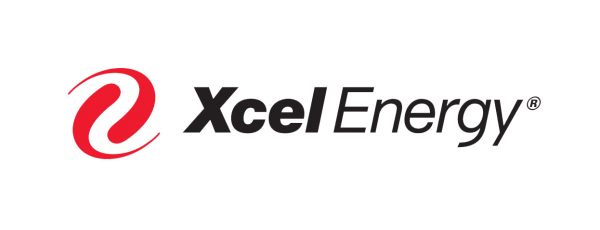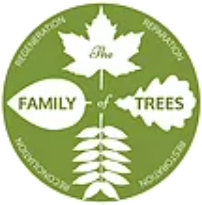Feel like you’re killing yourself trying to keep your house clean? You may laugh, but you’re closer to the truth than you think if you’re using expensive commercial cleaners, says Karen Logan, environmentalist and author of Clean House, Clean Planet: Clean Your House for Pennies a Day the Safe Nontoxic Way.
There are many chemicals in commercial cleaning products that can harm you and your children. Many of the chemicals found in household cleaners and pesticides are not adequately tested, regulated or controlled. An estimated 2 to 5 million exposures to household poisons occur every year. A significant number of these exposures involve household cleaners.
Some chemicals are restricted by the government and some which have known neurotoxins and carcinogens, quite dangerous at some level of exposure, are not. Hydrofluoric acid, an extremely dangerous chemical that can penetrate through flesh to the bone without any warning signs, is a completely legal chemical in a commercially sold rust remover. And many household cleaning products, such as furniture polish, oven cleaners, drain cleaners, even air fresheners, are considered hazardous waste potentially harmful to fish and wildlife, as well as humans.
But you do have a choice. When you make your own cleaning products, you can avoid harsh chemicals harmful to your family and the environment… and save money, too! Over time, you’ll save hundreds of dollars. For example, on a typical visit to the store, you might purchase $20 worth of commercial cleaning products. Using an equivalent amount of homemade cleaners can cost less than $5.
You can make your own non-toxic cleaners using simple, ordinary ingredients like baking soda, vinegar, lemon juice and salt to make safe, inexpensive cleaners. The ingredients cost much less than store-bought cleaners and they really work. It is possible to make cleaning safe and more enjoyable.
Here are some age-old alternatives to harsh chemicals and store-bought household cleansers:
Unclog drains: Sprinkle a generous amount of baking soda in and around the drain opening. Follow with a cup of white kitchen vinegar. Repeat if needed, and finally flush with hot water.
Oven cleaner: Sprinkle inside oven with water, then baking soda. Let sit overnight and scour with a plastic pad.
Tile/linoleum floors: Dissolve 1-2 teaspoons of dishwashing soap in 3 gallons of warm water. Mop floor with this solution; to rinse follow this procedure with 1 cup of white vinegar in 3 gallons of cool water.
Wood floors: Dissolve 3 tablespoons of baking soda and 1 cup of white vinegar in 3 gallons of warm water. After mopping, wipe dry.
Furniture Polish: You can use a little olive oil and vinegar to polish your furniture. Use one part white distilled vinegar and three parts olive oil. Add a little natural lemon oil (not the synthetic kind) and you’ve got a great polish!
Glass Cleaner: Most commercial glass cleaners contain ammonia, alcohol and detergents that are annoying and sometimes quite irritating to breath. Worse than that you are paying a high price for 95 percent water! You won’t believe it, but you can actually use plain club soda for a great glass cleaner. It works much better than commercial cleaners and isn’t irritating to breathe.
Rust Remover: Toxic rust removers that are dangerous poisons are at the top of my list of cleaners to keep out of the house. You’ll be ecstatic to discover this simple, natural solution: Sprinkle a little bit of salt on the rust, squeeze a lime over the salt until it is nicely soaked in lime juice. Leave the mixture on for two or three hours. Use the leftover rind as a handy scrubber. Rust is gone.
Nontoxic cleaning recipes from Clean House, Clean Planet.







